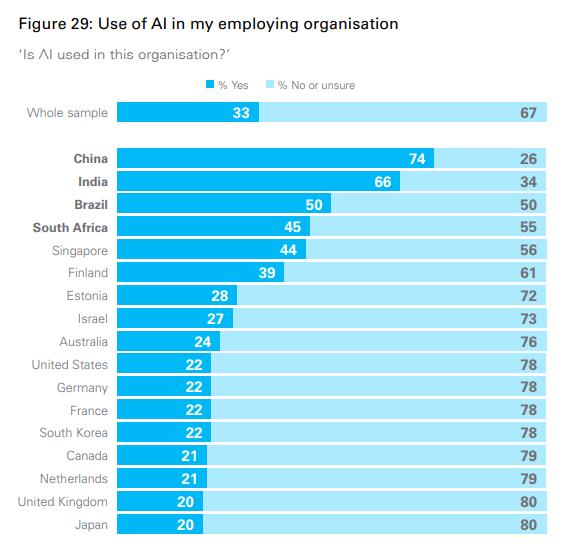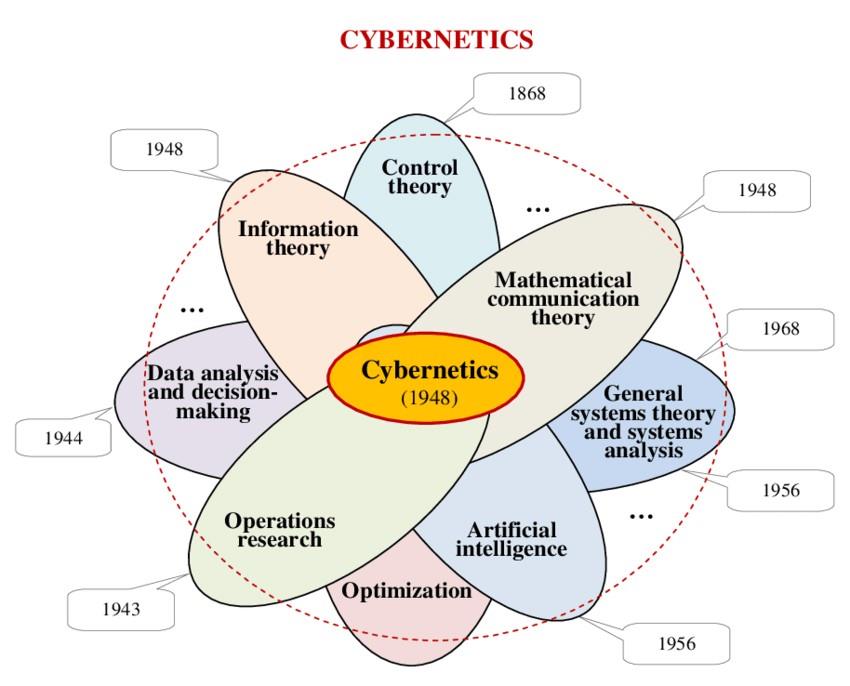(MENAFN- Asia Times)
A recent study from Queensland University and KPMG reveals notable differences in attitudes to artificial intelligence (AI) in advanced and developing economies. Teaching AI as a subset of cybernetics in K-12 education can help bridge the gap. Cybernetics demystifies AI and places it in a larger industry 4.0 context.
Artificial Intelligence raises many questions, especially in the Western world. Will it destroy jobs? Can it be abused and does it need ethical guidelines? Could AI ultimately take over our lives?
Most people agree that AI will transform societies, which raises another question: Why is AI not a compulsory subject in primary education? Experts predict that as many as 65% of children in school today will work in jobs that still have to be invented.
Concerns about the impact of new technology are not new. In the 19th century, weavers in France and England (Luddites) protested against the introduction of machines like the power loom and the spinning jenny. They feared the machines would devalue their craft. In the US, blacksmiths who specialized in shoeing horses (farriers) feared that automobiles would destroy their jobs.

Today, AI has an impact on jobs ranging from translators and accountants to dockworkers and professional drivers. Yet students in school today are acquiring knowledge that could be greatly devalued by AI when they are ready to join the workforce. Some experts predict that as many as 65% of children in school today will work in jobs that still have to be invented.
Preparing children for a world in which AI plays an ever-growing role does not mean all students should learn to write computer code. Rather, students should be taught the foundational (cybernetic) principles underlying AI and the larger (Industry 4.0) framework in which AI will be deployed.

The advent of AI has reshaped the way we perceive, analyze and interact with technology, but AI's origins and concepts can often be difficult for students to grasp.
By integrating the principles of cybernetics into K-12 education, students gain a more solid foundation in understanding AI concepts, their applications, and ethical implications. Cybernetics, which pioneered a comprehensive approach to binary computing through foundational work by thinkers like Gottfried Leibniz, George Boole and Claude Shannon, is essential in understanding and teaching AI today.
Binary computing origin story
Cybernetics emerged as one of the earliest frameworks that could provide a coherent approach to computing and automation. Rooted in the ideas of Leibniz, Boole, and Shannon, cybernetics built a foundation based on the manipulation of binary information-essentially, ones and zeros-that allowed for structured, logical processes.
MENAFN12112024000159011032ID1108875914
Legal Disclaimer:
MENAFN provides the information “as is” without warranty of any kind. We do not accept any responsibility or liability for the accuracy, content, images, videos, licenses, completeness, legality, or reliability of the information contained in this article. If you have any complaints or copyright issues related to this article, kindly contact the provider above.